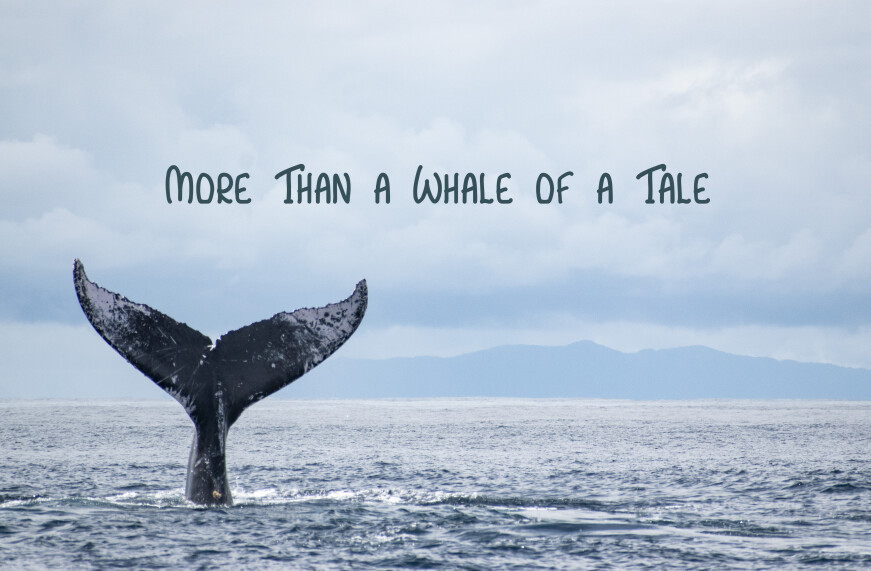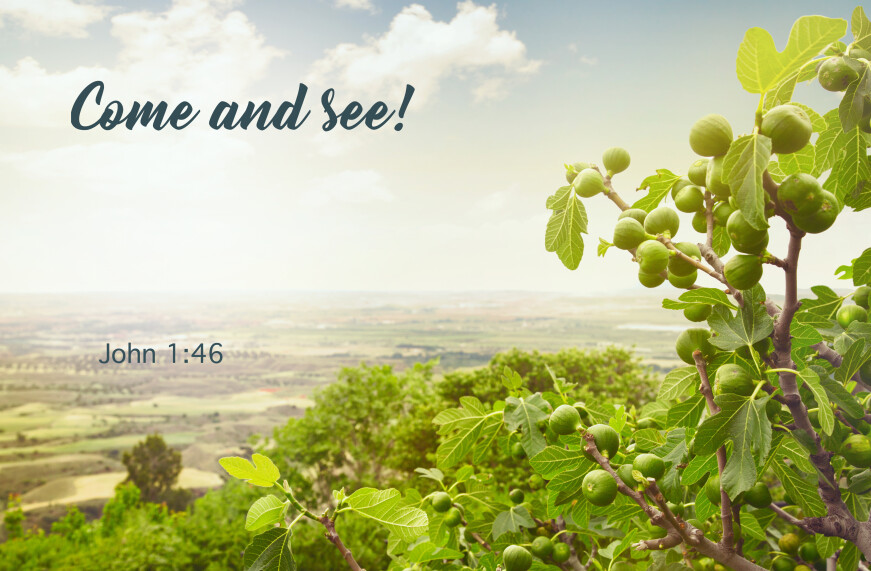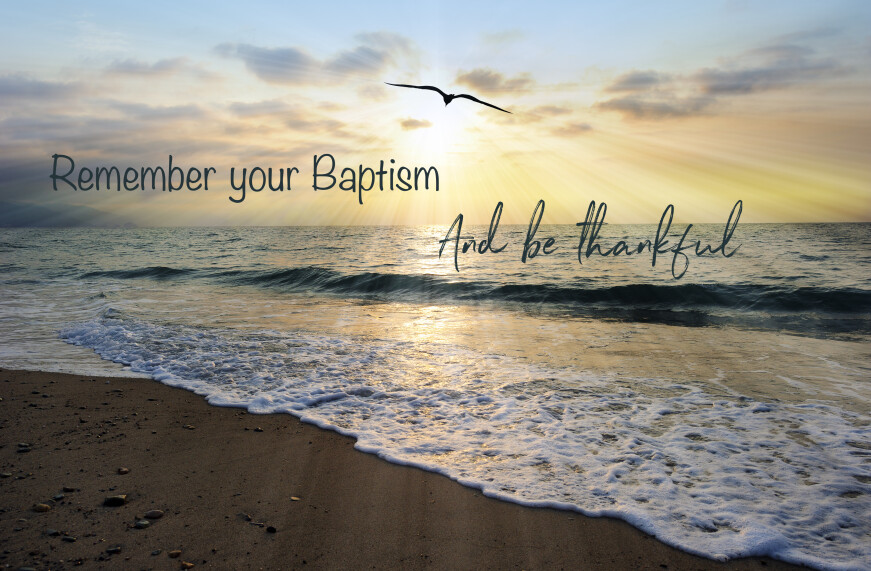Sunday, January 24, 2021

Dear St. Luke Family:
In his inaugural address on Wednesday, our new President called for healing and unity. The question facing our country now will be: do we really want it? The short, comical story of Jonah we’ll hear this coming Sunday might have something to say to us about this.
Last Sunday, we heard about Simon Peter, Andrew, Philip, and Nathanael. In John’s gospel, these four men are Jesus’ first disciples. Jonah is nothing like them. He doesn’t leave what he’s doing and immediately follow God’s call. Instead, he jumps on the first boat going in the opposite direction and he hides in the hold of the ship, hoping that somehow God won’t notice. Imagine if, upon encountering Jesus, Peter and Andrew jumped into their fishing boats and rowed like madmen for the opposite shore, as far away from this dangerous itinerant preacher as they could get.
Jonah did just that, trying to get as far away from God, and God’s bizarre instructions, as he could. Go to Nineveh? The capital of the Assyrian Empire, that destroyer of Israel, that brutal occupying force? Those bad guys? It was unthinkable. Jonah spends a little time in the belly of the great fish before he finally complies with God’s request.
Here’s what Jonah eventually learns: God is God, and does not act as we think the Almighty should act. When we go where God calls us, what we find is that God is already there, ahead of us. We find that no people, and no place, not even Nineveh, can properly be called God-forsaken.
Jonah was not at all happy about this. Are we?
Grace and peace,
Joanne Whitt
Interim Pastor


